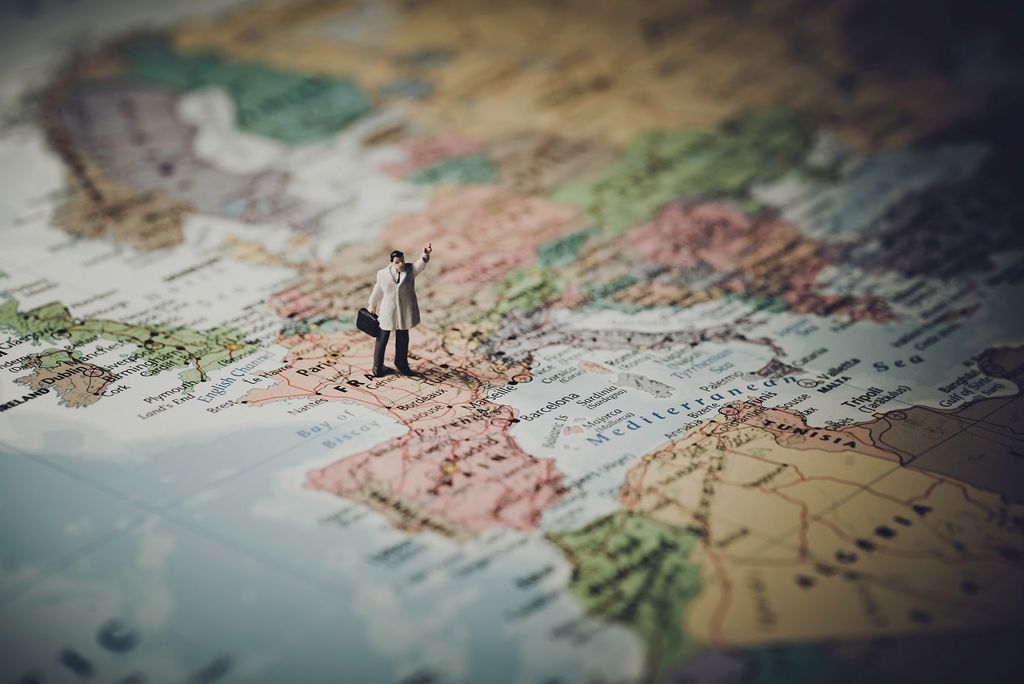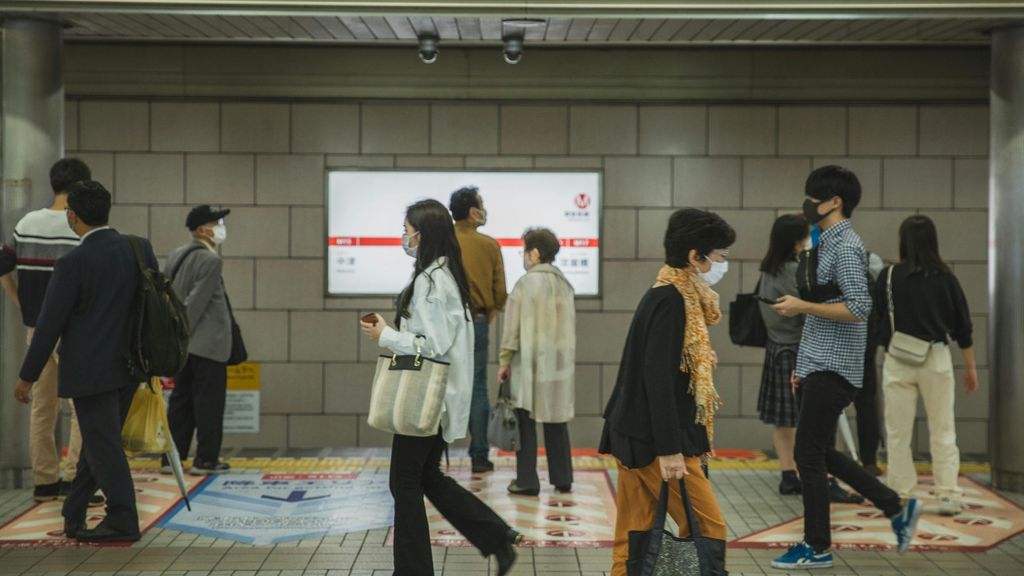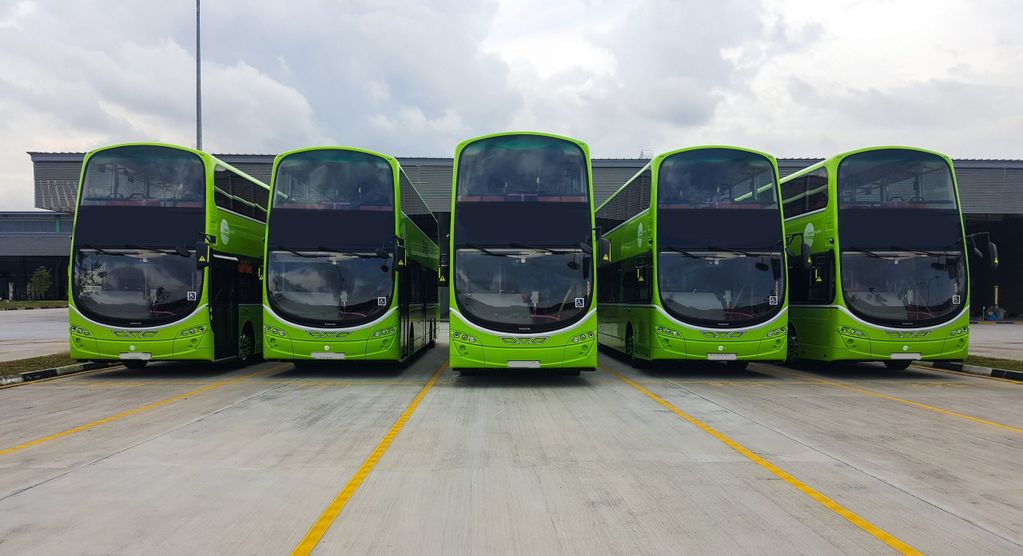
Moving cities forward with Galileo satellite technology: ARIADNA project concludes
ARIADNA supported the adoption of Galileo to advance urban mobility services
You say Mobility as a Service or Mobility on Demand? You should think geolocation and navigation technology. The geolocation of users and vehicles plays a key role for urban mobility services: when travelling from A to B using different mobility options, it is essential that information is readily available and accurate.
This is where the ARIADNA project came in. Launched in December 2019 and funded by the EUSPA (the European Union Agency for the Space Programme), ARIADNA aimed to support the adoption of Galileo to advance urban mobility services.
Galileo provides improved positioning information due to many technical features of the system. For example, Galileo has higher resiliency against multipath errors (errors caused when a satellite signal reaches the receiver from two or more paths) than other systems, meaning location is determined more precisely.
ARIADNA was launched following the belief that to enhance mobility services and even enable new ones, accuracy, integrity, and continuity of the geolocation signal must be ensured, especially in dense urban contexts.
A Final Event was held at the Smart City Expo World Congress in Barcelona
On 18 November 2021, a Final Event was held in Barcelona at the Tomorrow Mobility congress, organised in the context of the Smart City Expo World Congress.
International urban mobility stakeholders such as TMB (Transports Metropolitans de Barcelona) and the International Road Federation (IRF) shared their experience on how using Galileo has improved their services, and a roundtable welcoming different stakeholders (PTO, tech provider, academia and a public transport association) highlighted the essence of accurate geopositioning for public transport.
ARIADNA has raised the profile and knowledge of Galileo as a key enabler for more resilient, more efficient, more sustainable urban mobility, with a focus on public transport. It has done so by educating key stakeholders in the urban mobility domain on the challenges facing GNSS, highlighting the benefits of leveraging Galileo, in Europe and at global level.
Let’s have a look at project outcomes..
Raising Awareness
During its lifetime, ARIADNA sought to educate different stakeholders in Galileo technology and its applications within mobility. The project has released various key reports about EGNSS technologies and its applications and benefits, including the White Paper ‘EGNSS technology in Urban Mobility and Public Transport‘, an in-depth analysis how the incorporation of Galileo positively impacts all existing applications of GNSS in urban mobility services and even enables new ones.
ARIADNA also has gathered concrete experiences of urban mobility players, such as Barcelona-based operator TMB about integrating Galileo to improve their mobility services, in particular public transport, shared mobility, and mobility on-demand.
Galileo Demo Kit
Furthermore, ARIADNA developed the Galileo Demo Kit (GDK): a complete hardware and software solution that can be used to showcase in real time the difference in positioning performance between a multi-constellation receiver compared to a GPS-only receiver. The GDK is available to all stakeholders interested to evaluate the increased performance of Galileo-enabled receivers in their concrete applications.
This is just a small selection of what ARIADNA has achieved. Check out the final project leafletfor more results!
In a nutshell, the ARIADNA project has been key in showing how Galileo has enormous potential to positively impact all existing applications benefitting from satellite technologies and open the way for new applications and services in the urban mobility and smart city context.
exclusive resources









